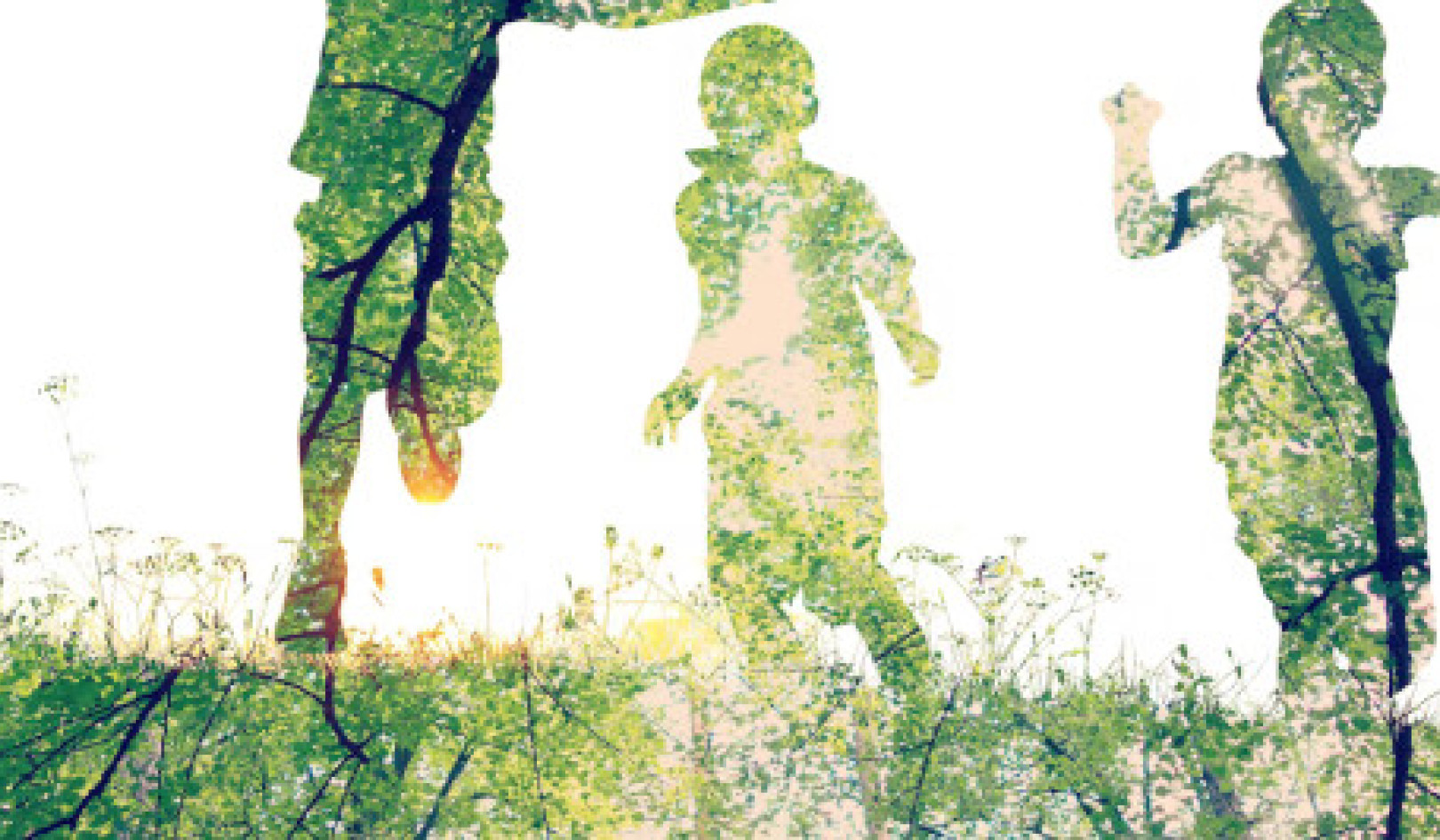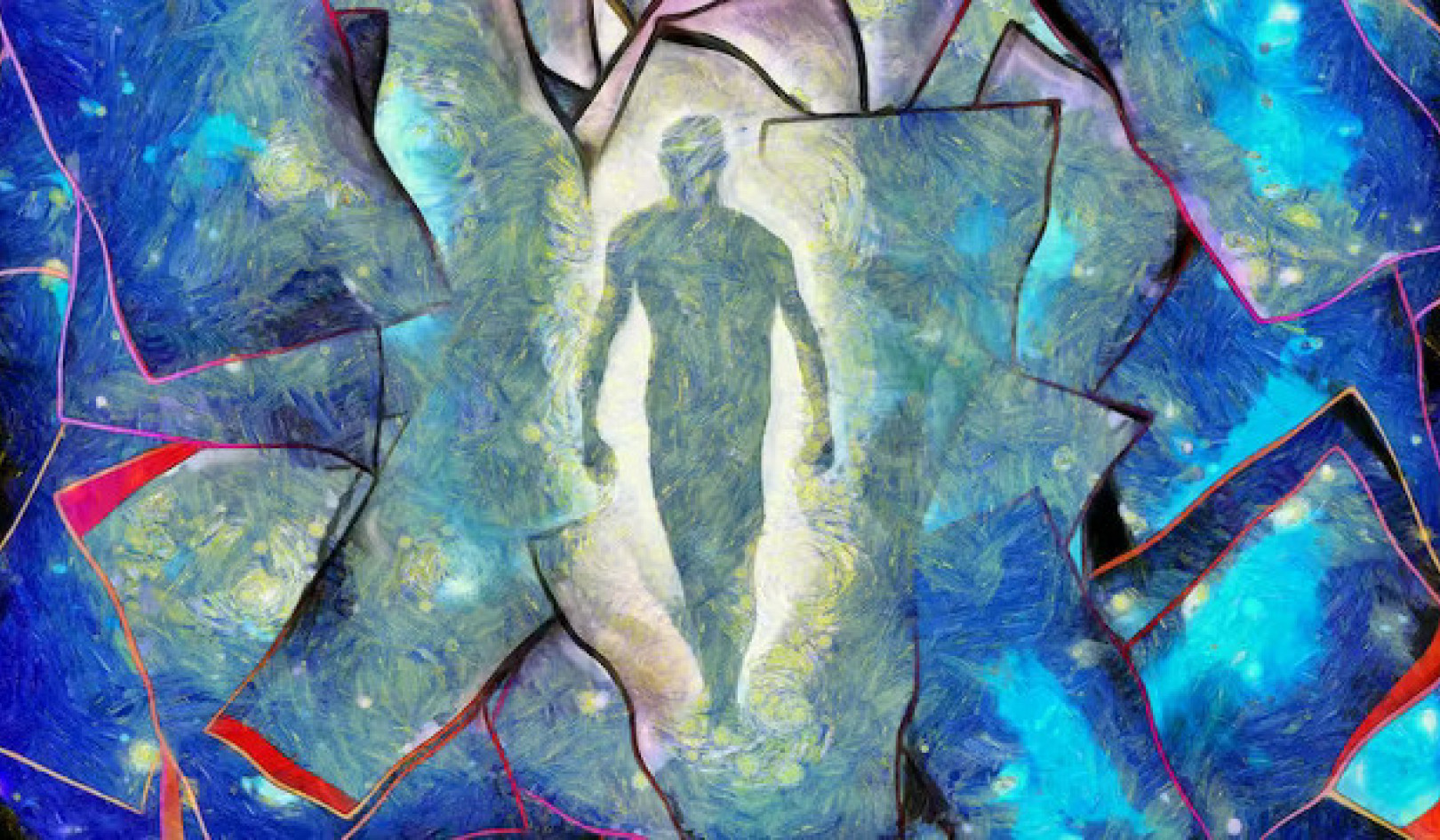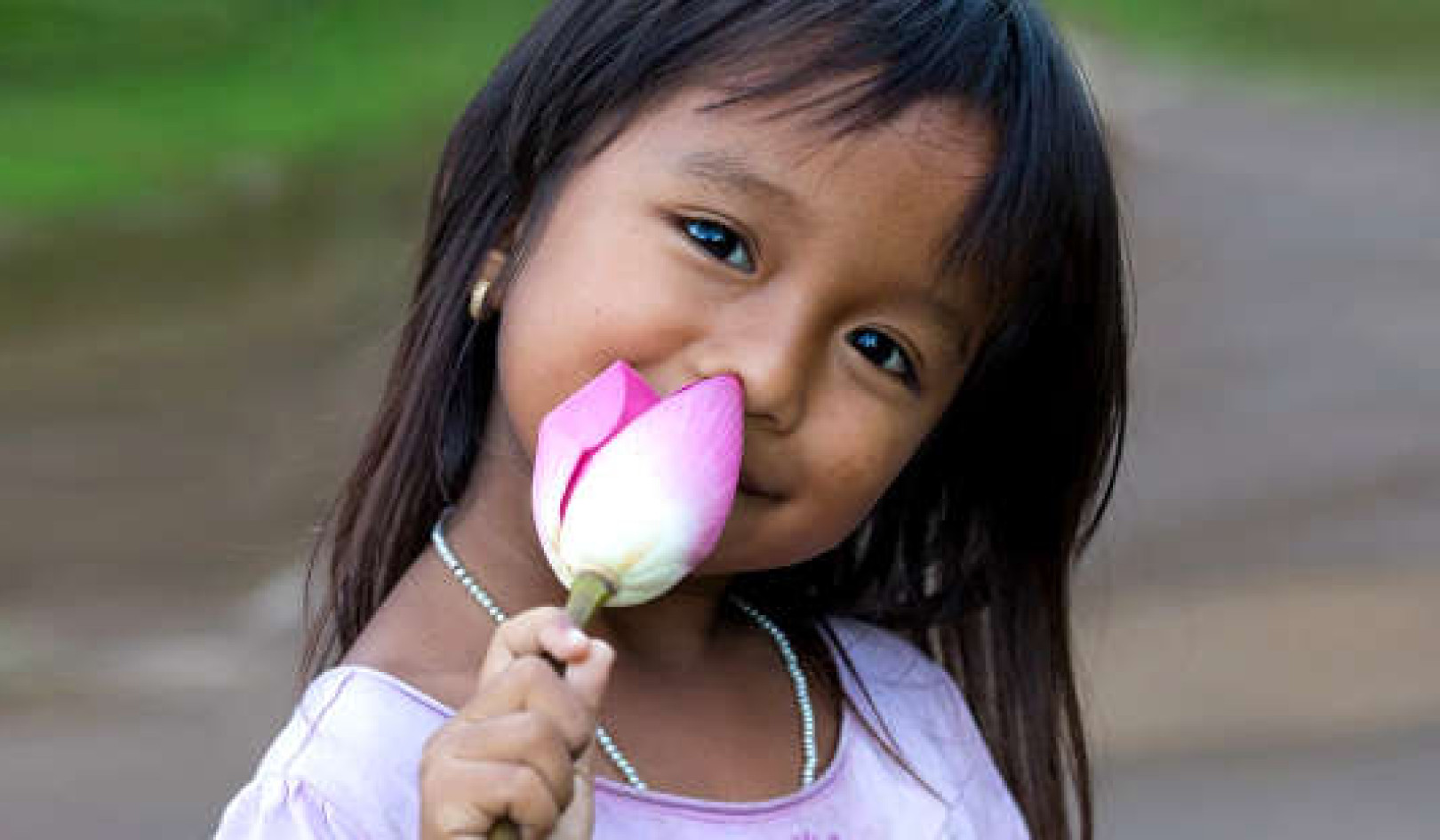
People are happier after spending money on experiences rather than on material objects, researchers report.
“One issue that hasn’t really been examined much is what happens in the here and now—are we happier spending our money on an experience or on a material item?” says Amit Kumar, assistant professor of marketing at the McCombs School of Business at the University of Texas at Austin. “The basic finding from a lot of experiments is that people derive more happiness from their experiences than from their possessions.”
The researchers recruited 2,635 adults and randomly assigned them to a material or experiential group. The participants received random texts during the day to monitor their emotions and their purchasing behavior.
Material purchasers bought things such as jewelry, clothing, or furniture, Experiential shoppers attended sporting events, dined at restaurants, or engaged in other experiences.
The results: Happiness was higher for participants who consumed experiential purchases versus material ones in every category, regardless of the cost of the item.
“It would be unfair to compare a shirt to a trip, but when we account for price, we still see this result where experiences are associated with more happiness,” Kumar says.
To address possible differences in types of consumers, the researchers conducted a second study in which they asked more than 5,000 participants to first rate their happiness and then report whether they had used, enjoyed, or consumed either a material or experiential purchase within the past hour. If they responded “yes,” researchers asked participants a series of questions and details about their purchase.
“We still observed the same effect,” Kumar says. “When the very same person was consuming an experience, that was associated with more happiness.”
The researchers concluded that people are happier with experiential purchases over material ones irrespective of when you measure happiness: before, during, or after consumption. Experiences also provoke more satisfaction even though people typically spend more time using their material possessions.
The researchers say a possible explanation is the endurance of experiences in people’s memories, while the perceived value of material goods weakens over time.
“If you want to be happier, it might be wise to shift some of your consumption away from material goods and a bit more toward experiences,” Kumar says. “That would likely lead to greater well-being.”
The paper appears in the Journal of Experimental Social Psychology.
Additional coauthors are from Penn and Cornell University,

Related Books:
The Four Agreements: A Practical Guide to Personal Freedom (A Toltec Wisdom Book)
by Don Miguel Ruiz
This book offers a guide to personal freedom and happiness, drawing on ancient Toltec wisdom and spiritual principles.
Click for more info or to order
The Untethered Soul: The Journey Beyond Yourself
by Michael A. Singer
This book offers a guide to spiritual growth and happiness, drawing on mindfulness practices and insights from Eastern and Western spiritual traditions.
Click for more info or to order
The Gifts of Imperfection: Let Go of Who You Think You're Supposed to Be and Embrace Who You Are
by Brené Brown
This book offers a guide to self-acceptance and happiness, drawing on personal experiences, research, and insights from social psychology and spirituality.
Click for more info or to order
The Subtle Art of Not Giving a F*ck: A Counterintuitive Approach to Living a Good Life
by Mark Manson
This book offers a refreshing and humorous approach to happiness, emphasizing the importance of accepting and embracing life's inevitable challenges and uncertainties.
Click for more info or to order
The Happiness Advantage: How a Positive Brain Fuels Success in Work and Life
by Shawn Achor
This book offers a guide to happiness and success, drawing on scientific research and practical strategies for cultivating a positive mindset and behavior.






















